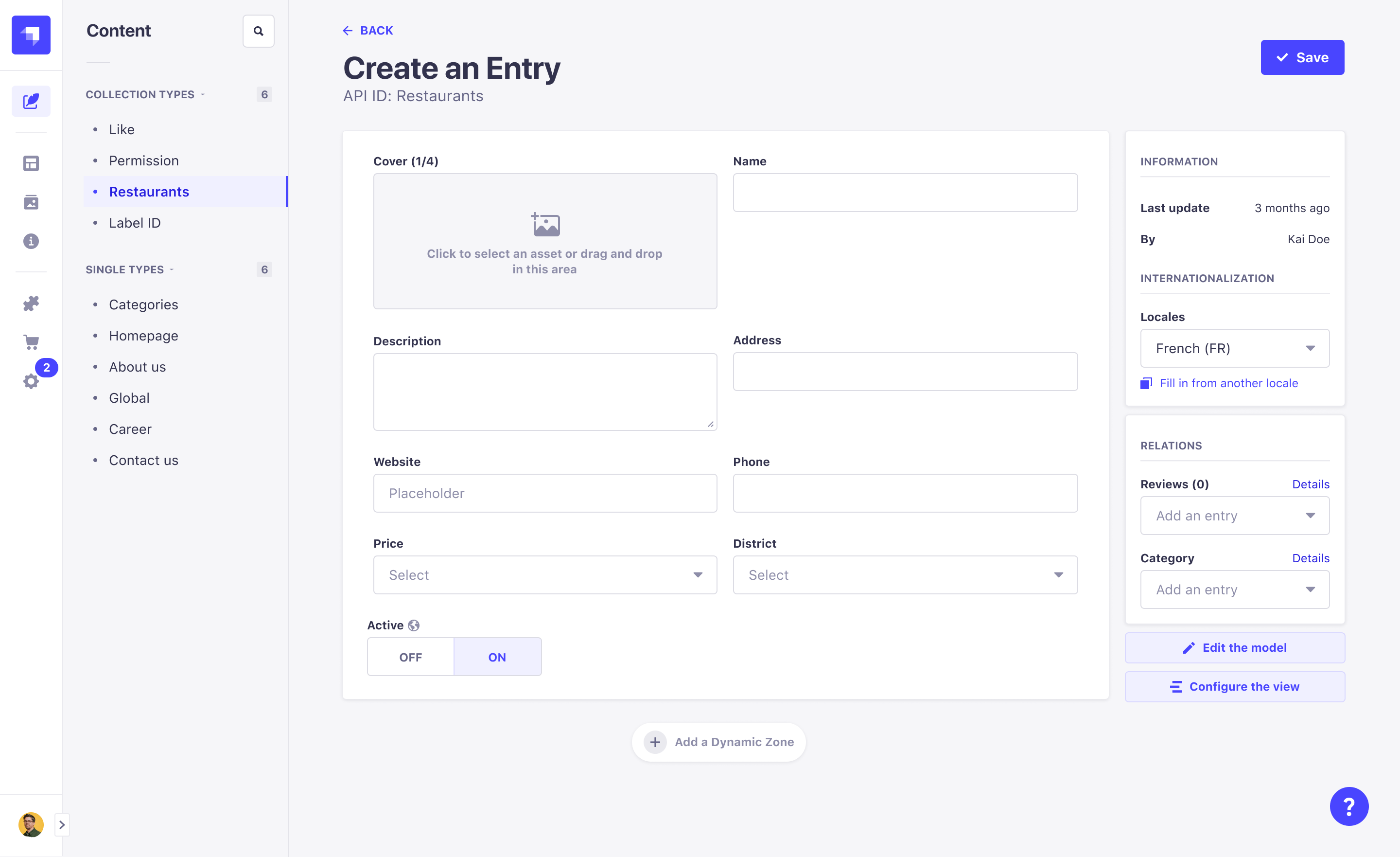Strapi, an open source content management system (CMS), today announced that it raised $31 million in Series B funding led by CRV with participation from Flex Capital, Index Ventures and angel investors including former GitHub CEO Nat Friedman. With the capital, CEO Pierre Burgy tells TechCrunch that the plan is to launch a new product, Strapi Cloud, while bringing in additional tech and solution partners and further developing the Strapi project.
Strapi has it origins in software that Burgy, Aurélien Georget and Jim Laurie created together while working as freelance developers in college. Annoyed by the limitations of traditional frameworks and content management systems, many of which weren’t developed with mobile websites in mind, they decided to create their own solution, Strapi, to use for clients’ projects.
Burgy, Georget and Laurie published Strapi on GitHub in 2015. “For us, making the project open source was a no-brainer,” Burgy said in an email interview. “We were using lots of open source software, and we were convinced that collaboration would lead to better software. Most of our clients wanted to host their CMS on their own servers; customization capabilities were only possible through source-code access.”
In the beginning, Strapi was a mix between a framework for building APIs and a CMS. The name “Strapi,” in fact, is a creative abbreviation of the phrase “Bootstrap your API.” Today, Strapi allows developers to connect and manage different databases, front-end frameworks and static site generators. Users can run Strapi on a server and connect to Strapi’s admin interface, relying on the front end to fetch content from Strapi using an API.

“There is a fair amount of confusion and overlap between CMS, knowledge management and enterprise wiki software,” Burgy said. “These platforms were always viewed as separate solutions by users because of their distinguished technical architecture. They were perceived by what they were instead of what they accomplished. This is changing.”
From Burgy’s perspective, Strapi — competing with Contentful, Storyblok and Sanity — solves some the major issues with legacy CMS software, like a lack of adaptability to custom use cases. To address other perceived limitations, the Strapi team has launched features in recent months like Strapi Market, which offers a library of integrations with third-party platforms.
Acknowledging that Strapi isn’t perfect, Burgy said that the near-term goal is to put resources toward the content-editing experience, including pre-built templates, publication workflows, rich text editors and custom fields as well as plugins for personalization, visualization and e-commerce. Work is also underway on Strapi Cloud, a fully managed Strapi service that will let customers start a project locally, customize it according to their needs and deploy it on the web.
Strapi Cloud is scheduled to become generally available next year. It’s currently in beta.
“WIth the pandemic, a lot of businesses facing uncertainty were forced to adapt by moving online. On the other hand, individuals are consuming more content online than ever before and also need to adapt to the reality of remote work,” Burgy said. “As a result, companies are focusing more and more on the holistic overall experience for all stakeholders. Strapi helps companies in that process by providing a more versatile and composable platform to help them future-proof their applications and deliver a consistent experience across channels for all users.”
In addition to thousands of open source users, Burgy says that Strapi has 450 paying customers including AT&T, eBay, IBM and Toyota and government agencies in the U.S. and Europe. The company’s workforce stands at 70 employees; Burgy expects it’ll grow to 110 by the end of the year.
To date, Strapi has raised $45 million.































Comment